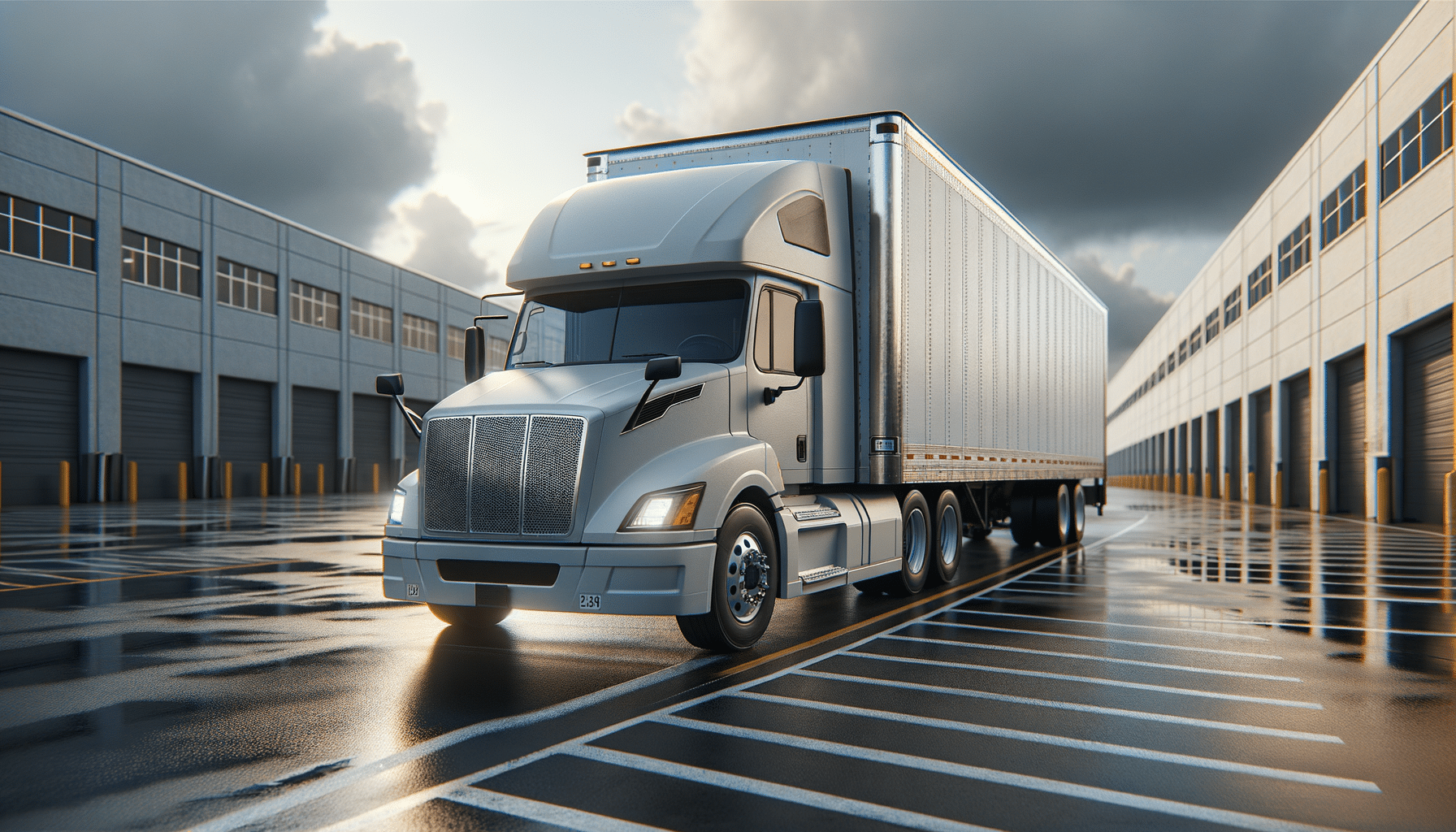
Understanding Box Trucks: A Practical Guide for Moving and Transport
Introduction to Box Trucks
Box trucks have become a staple in the transportation and logistics industry, offering a versatile solution for moving goods efficiently. These vehicles are characterized by their enclosed cargo area, which provides protection from the elements and security for the items being transported. The structure of a box truck typically includes a cab for the driver and a separate cargo area, making it an ideal choice for businesses that require a reliable means of transporting products.
Box trucks are commonly used by a variety of industries, including retail, manufacturing, and moving services. Their ability to accommodate different types of cargo, from furniture to electronics, makes them a valuable asset for companies of all sizes. The enclosed design not only protects the cargo from weather conditions but also ensures increased safety and security during transit.
Understanding the unique features and benefits of box trucks can help businesses and individuals make informed decisions about their transportation needs. By exploring the various aspects of these vehicles, such as their design, capacity, and applications, one can better appreciate their role in modern logistics and transportation.
Design and Features of Box Trucks
The design of box trucks is centered around functionality and efficiency. The cargo area, often referred to as the “box,” is typically made of aluminum or fiberglass, providing a lightweight yet durable structure. This design choice helps in reducing the overall weight of the vehicle, thereby improving fuel efficiency and maneuverability.
Box trucks come in various sizes, with the cargo area ranging from 10 to 26 feet in length. This variability allows businesses to choose a truck that best suits their specific needs. The interior of the cargo area is often equipped with features such as tie-down points and non-slip flooring to secure the load and prevent damage during transport.
Additional features such as lift gates and roll-up doors enhance the loading and unloading process, making it easier for workers to handle heavy or bulky items. Some box trucks also come equipped with refrigeration units, catering to businesses that need to transport perishable goods.
Overall, the design and features of box trucks are tailored to provide a practical and efficient solution for transporting a wide range of goods. By understanding these aspects, businesses can better assess the suitability of box trucks for their operations.
Applications and Uses of Box Trucks
Box trucks are utilized across various sectors, thanks to their versatility and reliability. One of the primary applications of box trucks is in the moving industry, where they are used to transport household goods and furniture. The enclosed cargo area ensures that items are protected from weather conditions and potential damage.
In the retail sector, box trucks are often used for deliveries, helping businesses transport products from warehouses to retail locations or directly to customers. The secure and spacious cargo area allows for the transportation of large quantities of goods, making them an efficient choice for large-scale operations.
The manufacturing industry also benefits from the use of box trucks, as they provide a reliable means of distributing raw materials and finished products. The ability to customize the interior of the cargo area with shelving or partitioning further enhances their utility, allowing for the organized transport of various items.
Overall, the diverse applications of box trucks highlight their importance in the logistics and transportation sector. Whether for moving services, retail deliveries, or manufacturing distribution, box trucks offer a practical solution for businesses looking to streamline their operations.
Advantages of Using Box Trucks
Box trucks offer several advantages that make them a preferred choice for businesses involved in transportation and logistics. One of the key benefits is their ability to protect cargo from external elements. The enclosed design shields goods from rain, wind, and dust, preserving their quality and integrity.
Another advantage is the enhanced security offered by box trucks. The lockable cargo area prevents unauthorized access, reducing the risk of theft during transit. This feature is particularly important for businesses transporting valuable or sensitive items.
Box trucks also provide flexibility in terms of capacity and configuration. Businesses can choose from a range of sizes to suit their specific needs, and the interior can be customized with features such as shelving and tie-down points to accommodate different types of cargo.
Furthermore, box trucks are relatively easy to operate and maneuver, even in urban environments. Their compact size compared to larger commercial vehicles makes them suitable for navigating through city streets and tight spaces, enhancing their practicality for local deliveries.
These advantages underscore the value of box trucks in modern logistics, offering a combination of protection, security, and flexibility that meets the diverse needs of businesses.
Considerations When Choosing a Box Truck
When selecting a box truck for business or personal use, several factors should be considered to ensure it meets specific requirements. One of the primary considerations is the size of the truck. Depending on the volume and type of goods being transported, businesses should choose a truck that offers adequate capacity without being excessively large, which could lead to higher operational costs.
Another important factor is the type of cargo. For businesses transporting perishable goods, a box truck with a refrigeration unit may be necessary. Similarly, if heavy or bulky items are being moved, features such as lift gates and reinforced flooring should be prioritized.
Fuel efficiency is also a crucial consideration, as it directly impacts operational costs. Opting for a truck with a fuel-efficient engine can lead to significant savings in the long run, especially for businesses with extensive delivery routes.
Finally, the overall condition and maintenance history of the truck should be evaluated. A well-maintained vehicle is less likely to experience breakdowns, ensuring reliability and minimizing disruptions to operations.
By carefully considering these factors, businesses and individuals can select a box truck that aligns with their specific needs and enhances their transportation capabilities.


